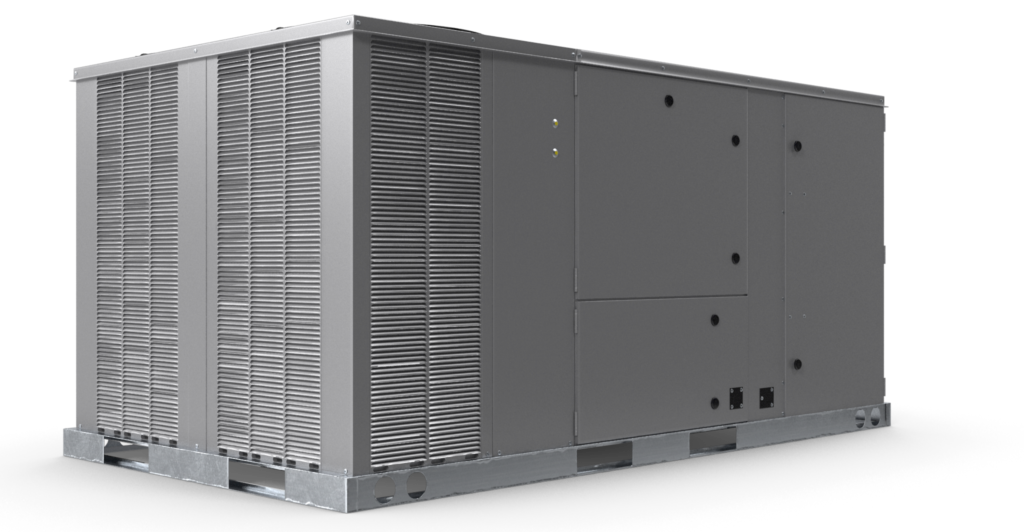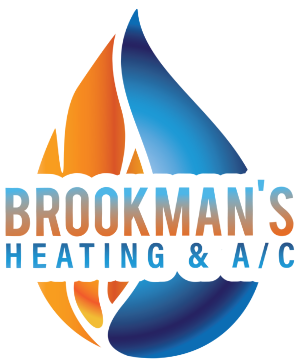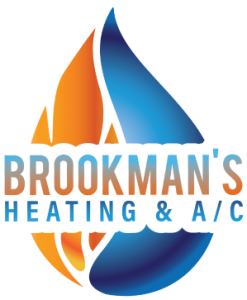720-573-8654
Troubleshooting Tips
Español
This is your modal header title
| Mon | Tue | Wed | Thu | Fri | Sat | Sun |
|---|---|---|---|---|---|---|
27 | 28 | 29 | 30 | 1 | 2 | 3 |
4 | 5 | 6 | 7 | 8 | 9 | 10 |
11 | 12 | 13 | 14 | 15 | 16 | 17 |
18 | 19 | 20 | 21 | 22 | 23 | 24 |
25 | 26 | 27 | 28 | 29 | 30 | 31 |
1 | 2 | 3 | 4 | 5 | 6 | 7 |
info@brookmanshvac.com
720-573-8654
Navigating the intricacies of HVAC troubleshooting requires a cautious approach, given the intricate nature of heating, ventilation, and air conditioning systems. As you venture into the realm of resolving issues, it’s essential to exercise prudence and recognize the limits of your expertise. If you encounter challenges beyond your comfort level or if technical intricacies elude your understanding, it is highly advisable to seek assistance from a licensed HVAC technician.
In this context, consider reaching out to professionals like those at Brookman’s Heating and Air. Our licensed HVAC technicians bring a wealth of experience and specialized knowledge to the table. They are well-equipped to navigate the complexities of HVAC systems, ensuring accurate diagnostics and efficient resolutions. While the troubleshooting tips below serve as a helpful reference for day-to-day care, the nuances of HVAC systems might require the trained eye of a professional.

-
Check the Thermostat Settings:
Ensure that the thermostat is set to the desired temperature and mode (cooling or heating). Sometimes, incorrect settings can lead to discomfort.
-
Inspect the Air Filters:
Dirty or clogged air filters can restrict airflow, reducing system efficiency. Regularly replace or clean filters to maintain optimal performance
-
Examine the Circuit Breakers:
Verify that the circuit breakers for the HVAC system are not tripped. Reset any tripped breakers and monitor for recurring issues.
-
Inspect the Pilot Light (for Gas Furnaces):
If you have a gas furnace, check the pilot light. A extinguished pilot light may indicate a problem with the ignition system.
-
Clear Obstructions from Vents and Registers:
Ensure that vents and registers are not blocked by furniture or other obstructions. Proper airflow is essential for efficient heating or cooling.
-
Verify the Condensate Drain Line:
Check the condensate drain line for clogs. A clogged drain can lead to water damage and affect the system's performance.
-
Examine Ductwork for Leaks:
Inspect ductwork for any visible leaks or disconnected sections. Leaks can compromise efficiency and result in uneven heating or cooling.
-
Inspect Refrigerant Levels:
Low refrigerant levels can affect cooling performance. If you notice reduced cooling capacity, it may be indicative of a refrigerant issue.
-
Clean the Evaporator and Condenser Coils:
Over time, coils can accumulate dirt, reducing their efficiency. Regularly clean the evaporator and condenser coils to maintain optimal heat exchange.
-
Test the Blower Motor:
Check the blower motor for proper operation. A malfunctioning blower can lead to insufficient airflow and compromised comfort.
-
Verify the System's Age:
If your HVAC system is aging, it may be prone to issues. Consider the system's age and efficiency, as upgrading to a newer model could provide better performance.
-
Consult the User Manual:
Refer to the HVAC system's user manual for troubleshooting tips specific to your model. It may provide insights into common issues and solutions.
-
Inspect Insulation Around Refrigerant Lines:
Ensure that the insulation around refrigerant lines is intact. Damaged insulation can lead to energy loss and reduced cooling efficiency.
-
Check for Strange Noises:
Unusual sounds, such as banging, rattling, or hissing, could indicate underlying issues. Investigate the source of these noises and seek professional assistance if needed.
-
Evaluate the Functionality of the Capacitor:
The capacitor is crucial for the proper functioning of the HVAC system. If you notice frequent system startups or if the system struggles to start, the capacitor might be failing.
-
Monitor System Cycling:
Pay attention to the frequency at which the HVAC system cycles on and off. Rapid cycling may indicate issues with the thermostat, airflow, or other components that require attention.
-
Inspect the Fan Blades:
Examine the blades of the blower fan for any damage or debris. Imbalances or obstructions can impact airflow and overall system efficiency.
-
Check for Air Leaks in Ductwork:
Inspect the ductwork for any visible leaks. Leaky ducts can lead to energy waste and decreased performance. Seal any gaps or cracks to optimize system efficiency.
-
Test the Thermostat Calibration:
Verify that the thermostat is accurately reading and reflecting the room temperature. If there's a discrepancy, calibrate the thermostat or consider upgrading to a programmable thermostat for more precise control.
-
Inspect the Gas Connections (for Gas Furnaces):
If you have a gas furnace, examine the gas connections for any leaks. A gas leak is a serious safety concern and should be addressed immediately by a qualified professional.
don't delay! book your service today!
This is your modal header title
| Mon | Tue | Wed | Thu | Fri | Sat | Sun |
|---|---|---|---|---|---|---|
27 | 28 | 29 | 30 | 1 | 2 | 3 |
4 | 5 | 6 | 7 | 8 | 9 | 10 |
11 | 12 | 13 | 14 | 15 | 16 | 17 |
18 | 19 | 20 | 21 | 22 | 23 | 24 |
25 | 26 | 27 | 28 | 29 | 30 | 31 |
1 | 2 | 3 | 4 | 5 | 6 | 7 |
time to talk to a professional?

OUR VALUES

Brookman's
Heating & A/C
Contact Information
- 720-573-8654
- info@brookmanshvac.com
- 3207 W. Hampton Ave. Englewood CO. 80110
This is your modal header title
| Mon | Tue | Wed | Thu | Fri | Sat | Sun |
|---|---|---|---|---|---|---|
27 | 28 | 29 | 30 | 1 | 2 | 3 |
4 | 5 | 6 | 7 | 8 | 9 | 10 |
11 | 12 | 13 | 14 | 15 | 16 | 17 |
18 | 19 | 20 | 21 | 22 | 23 | 24 |
25 | 26 | 27 | 28 | 29 | 30 | 31 |
1 | 2 | 3 | 4 | 5 | 6 | 7 |
